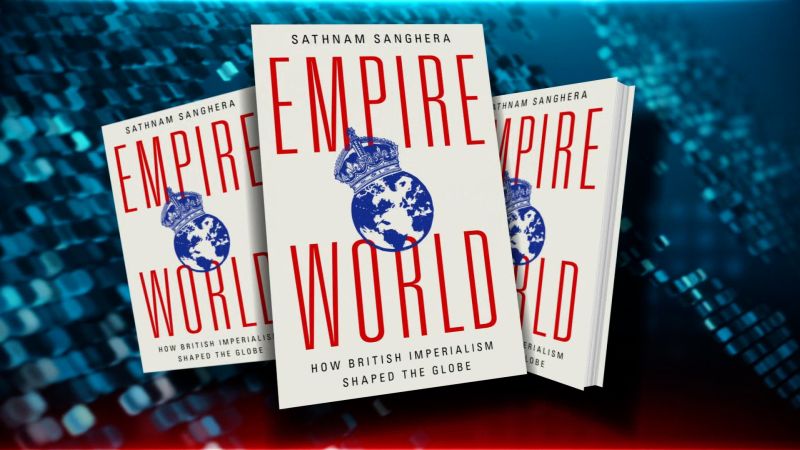My best guess? Because we don’t have much faith in anyone else.
Musk is not the only blowhard from the Silicon Valley set, regularly mouthing off on topics ranging from negotiations between Ukraine and Russia, pronouns, sleep management, covid-19 and joke cryptocurrencies. He is just the most prominent. When someone has revolutionized not one but two industries — in Musk’s case, electric cars and commercial rocketry — we ascribe to them superpowers not always in evidence. They are not only brilliant, we imagine, but also rich beyond belief, and so their wisdom might well lead us to some higher understanding.
Thus we somehow care about what books Bill Gates reads, who Peter Thiel prefers in GOP politics, and Mark Zuckerberg’s opinion on everything from how to slaughter wild stock ethically to his musings on the alchemy of an “aha” moment. I suspect these men find our fascination with their every waking thought amusing — while reinforcing their own considerable self-estimation.
Nor is our impulse to confer attention on financial geniuses confined to the tech world. An entire generation of top brass from Goldman Sachs, for example, decided that if they were talented enough to lead a cunning investment bank then they also could fill top government jobs no matter who was president. The media gets some of the blame for that miscalculation.
But because Silicon Valley’s accomplishments have dominated our commercial life for more than a generation, too many of us think its leaders can do no wrong, despite plenty of evidence to the contrary.
This outsize confidence of tech executives has become a regular feature of our politics. Both parties routinely seek out deep-pocketed Silicon Valley honchos to run for office because they are regarded by voters as all-knowing master-builders (and because they have deep pockets to pay for their own campaigns). An unknown Google executive named Lexi Reese has thrown her hat into a crowded Democratic race to succeed Sen. Dianne Feinstein in California; biotech entrepreneur and anti-woke warrior Vivek Ramaswamy is aiming even higher as he seeks the GOP nomination for president.
This is not a welcome trend. Steve Jobs, a famous know-it-all, had the good grace (mostly) to confine his public opinions to the matters he understood best and preferred that Apple steer clear of politics and philanthropy, despite his decidedly liberal views. (Shareholders should spend their wealth on advocacy, he espoused, rather than Apple spending it for them.) Jobs, for what it’s worth, regularly hosted President Bill Clinton at one of his homes and whispered to politicians about policies that affected Apple. But this was at a time when other Silicon Valley leaders generally disdained Washington for being irrelevant, messy and unworthy of their time.
So, I believe it would be best if we stopped telling ourselves that tech titans are oracles of anything other than tech itself. We condescendingly tell athletes to “shut up and dribble,” and we mock even intelligent Hollywood celebrities for taking political positions. Journalists aren’t immune: Just because I have some modest expertise in transition sentences does not qualify me to negotiate arms control or tell people how to save their marriages. Obsessing over the nattering of business celebrities only eggs them on — to the detriment of the rest of us.
Musk, for his part, has demonstrated a wry understanding that the more outrageous he is, the more attention he draws to himself and, therefore, the products he’s peddling. It remains to be seen if he can move past cleverness and make Twitter a better platform. Most of us learn in grade school that it doesn’t take a rocket scientist to be inappropriate.
At the dinner table growing up, my mother often would upbraid me for laughing at something outrageous my sister, who grew up to be an admirable adult, said with the phrase: “Stop encouraging her.” We should stop encouraging the tech elite too, other than to stay focused, shut up and create great products.







More News
Opinion | Jail for the Chief? There’s a Better Punishment.
A Baguette Is Baked in France
Right-Wing Nonprofit Paid Millions to Companies With Ties to Insiders